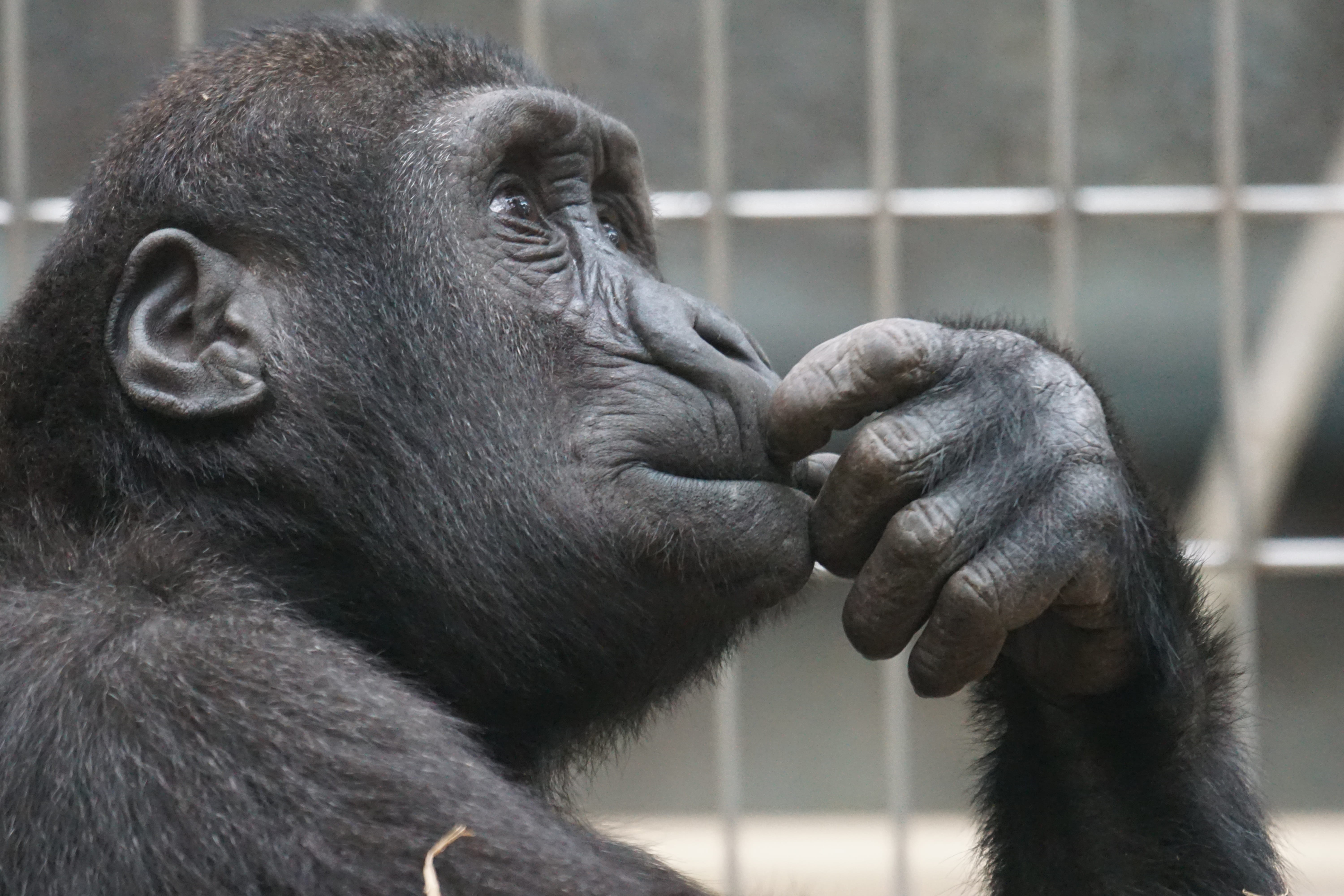News release
From:
Chimpanzees (Pan troglodytes) recognise that their guesses could be wrong and can pass a two-cup disjunctive syllogism task
Here we utilise a novel modification, post-decision wagering, to a simple 2-cup search task to show that chimpanzees are aware that their guesses aren’t certainties and could be wrong. Secondly, we use the same approach to show that, if we give the chimpanzees information about the contents of the cup which they didn’t choose, then they are able to infer the contents of their chosen cup, and adaptively choose between it and a fractional reward.
Guessing game – Chimpanzees understand that, when making some choices, they are relying on lucky guesses. Nine chimpanzees housed at Edinburgh Zoo were given a series of tasks where food rewards were hidden under cups. Chimpanzees were more likely to take a smaller, visible reward than take a risk choosing a cup potentially hiding food. Taken together, the experiments show that these logical reasoning abilities are present in non-human animals, and language is not an essential pre-requisite.



 International
International



